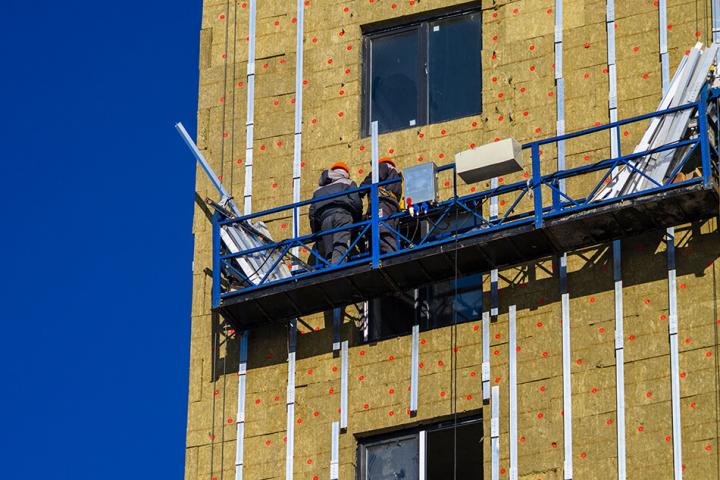Right to Manage companies and the road to remediation

The landscape of cladding remediation is a confusing one. The Government's narrative is that residential leaseholders should not be responsible for the costs of remediation in certain circumstances, or if they are, their exposure should be limited. Legislation is in place for residential leaseholders to pursue former landlords and/or developers as long as they meet specified criteria. So far, so good, kind of. But what is lacking in the legislation is the ability for Right to Manage Companies (RTM) to take action.
Generally, RTMs come into being at a development because the leaseholders are unhappy with the freeholder’s approach to management. The right to manage was introduced over 20 years ago in the Commonhold and Leasehold Reform Act 2002(sections 71 – 113) and requires interested leaseholders to (1) meet the qualification criteria; (2) form a specific RTM company; (3) serve a specific notice on all leaseholders inviting them to become members of the RTM company; and (4) serve the claim for the right to manage on the landlord (and any prescribed third party). Tribunal proceedings can be issued if the right to manage is contested. Once a claim has been successful, the RTM will assume the management functions for the building in question. So, where a freeholder has repairing and maintenance obligations, these obligations will fall on the RTM.
Cladding responsibilities
The problem with this responsibility in the wake of Grenfell is that the RTM is now responsible for sorting out the cladding. An RTM only has income from service charge payments. There are protections in place to limit or exclude individual leaseholder responsibility for payment of remediation works for cladding, meaning that any demands for service charges, including costs of remediation works, can be ignored. How can the RTM afford to carry out the necessary works?
The Building Safety Act 2022
The Building Safety Act 2022 (Act) at sections 123 and 124 applications to the Tribunal to compel a landlord) to remedy the defects (remediation order), or a current landlord and/or a previous landlord and/or the original developer and/or a company associated with any of these three entities (remediation contribution order).
Marvellous!.... as long as the RTM can fit within the definition of the “interested persons” contained with the Act. These are (1) the Secretary of State; (2) the Building Safety Regulator; (3) the local authority for the area in which the building is located; (4) the fire and rescue authority for the area in which the building is located; (5) a person with a legal or equitable interest in the building; (5) and other person prescribed by regulations made by the Secretary of State.
The only possibilities for the RTM are qualification criteria (4) and (5). Option (4) is a non-starter as the RTM only has an interest in the building because of the statutory transfer of management functions under the Commonhold and Leasehold Reform Act 2002. Option (5) has yet to materialise. An RTM at present, therefore, is without any mechanism to try and get funding from those who are defined as having responsibility.
BSF funding eligibility
RTMs are not sitting idly. Applications are progressing with the Building Safety Fund (BSF), and this government grant can secure much of the necessary funding. However, a very large “but” arises due to the exceptionally tight criteria around what work necessary to fully remediate the building is covered by the BSF. Anything which is not directly related to the cladding itself is deemed ineligible for BSF funding. Therefore, there is a shortfall in the money actually required to ensure all necessary works are carried out and paid for, as a key part of the agreement with the BSF is the ability of the applicant to show that it can fund the ineligible works. There is the theoretical recovery via the service charge, but with the restrictions on such recovery, many RTMs (and Resident Management Companies) are stuck: funding has been granted for 95% of the necessary works, but without the additional 5%, all of the works are in jeopardy.
The Government is in discussions with key advisors/stakeholders about extending the definition of interested parties to remediation orders and remediation contribution orders, but until this happens, RTMs have no recourse to alternative funding.
The irony in this is that the RTMs are made up of the very people the Government has so loudly trumpeted should not be responsible for the remediation costs. The Act came into force over a year ago, and this gap needs to be plugged urgently.
If you have any questions about the issues raised in this article, please get in touch with Charlotte McMurchie on 0191 211 7816 or email [email protected]
